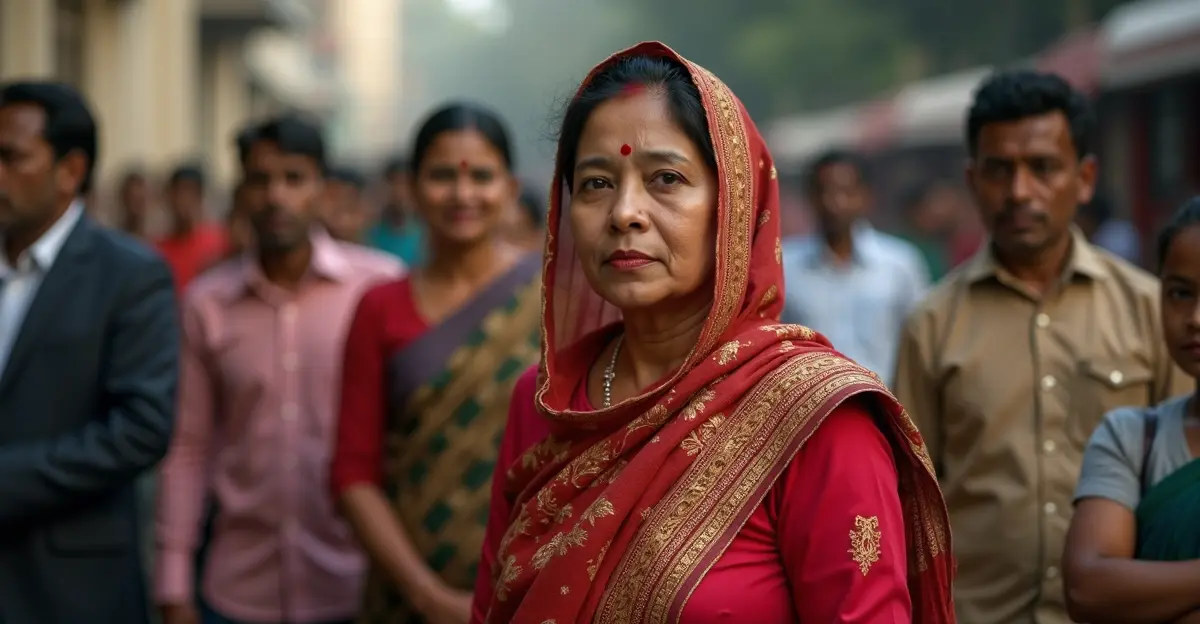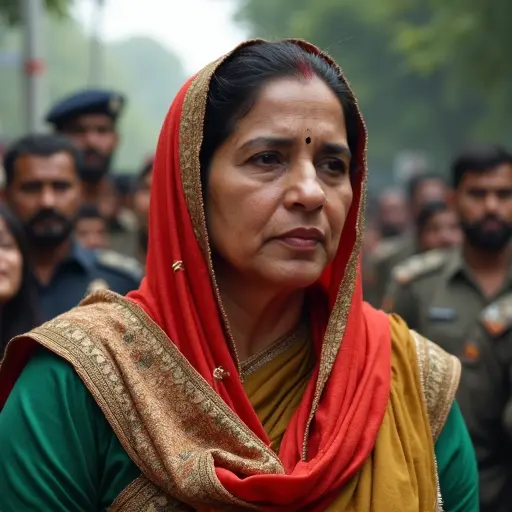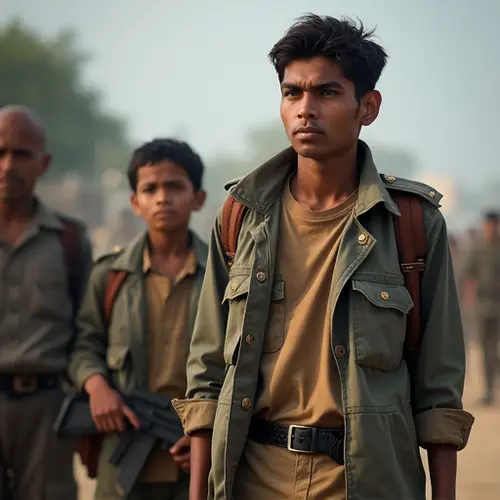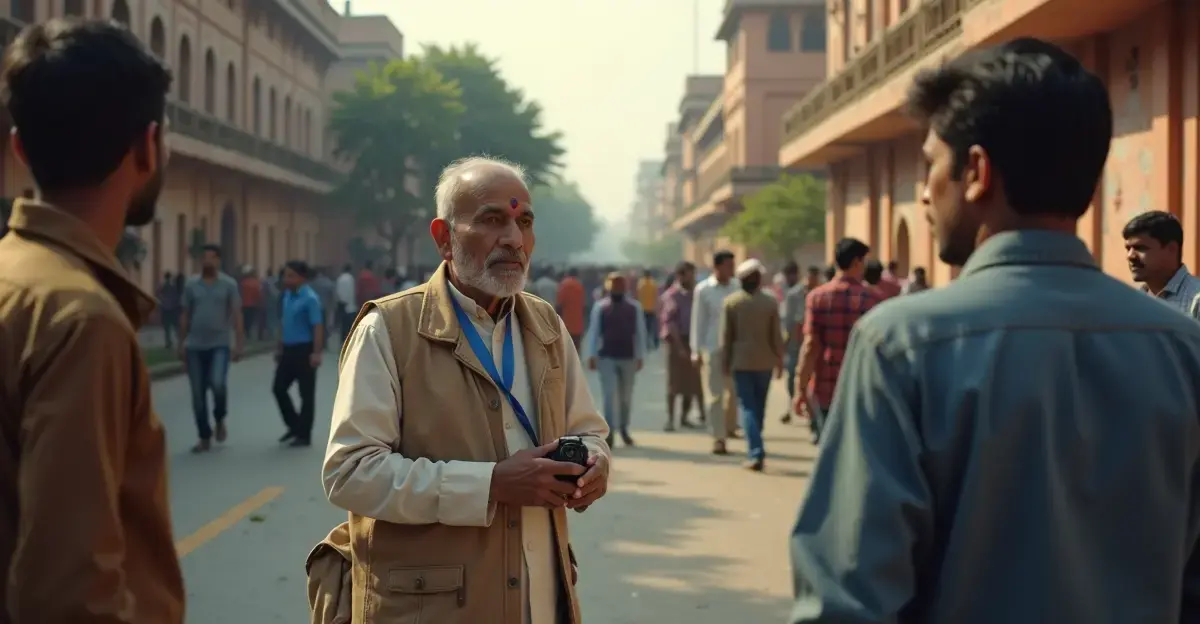Landmark Verdict in India's Gender Violence Case
An Indian court has handed down a rare death sentence to a man convicted of setting his wife on fire alive in 2017 because of her dark skin complexion. The case, which took eight years to reach conclusion, has drawn national attention to India's ongoing struggle with gender-based violence and color discrimination.
Gruesome Details of the Crime
The convicted man, whose identity has been withheld, gave his wife a bottle containing what he claimed was a skin-lightening medication. After applying the flammable liquid to her body, he ignited it with an incense stick when she complained about its acidic smell. He then poured the remaining liquid over her, causing fatal burns. The victim was rushed to hospital but succumbed to her injuries.
Systemic Issues in Indian Justice
According to NOS correspondent Devi Boerema, the death penalty is "extremely rare" in India, with no executions since the 2008 Mumbai attacks. The eight-year duration of this case is actually considered relatively swift by Indian judicial standards, where cases often drag on for decades.
Broader Context of Gender Violence
This case occurs against a backdrop of widespread violence against women in India. According to Wikipedia statistics, reported crimes against women increased by 87% between 2011 and 2021, reaching 428,278 incidents. Domestic violence accounts for over 30% of these crimes.
Cultural Factors and Discrimination
The case highlights deep-rooted color discrimination in Indian society, where fair skin is often associated with beauty and social status. Skin-lightening products represent a multi-billion dollar industry in the country, despite growing awareness campaigns against color bias.
Legal and Social Response
Human Rights Watch has repeatedly criticized India's enforcement of laws protecting women. The organization notes that despite legal frameworks, implementation remains weak, and cultural attitudes often tolerate violence against women.

 Nederlands
Nederlands
 English
English
 Deutsch
Deutsch
 Français
Français
 Español
Español
 Português
Português










